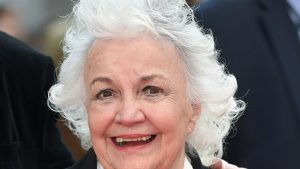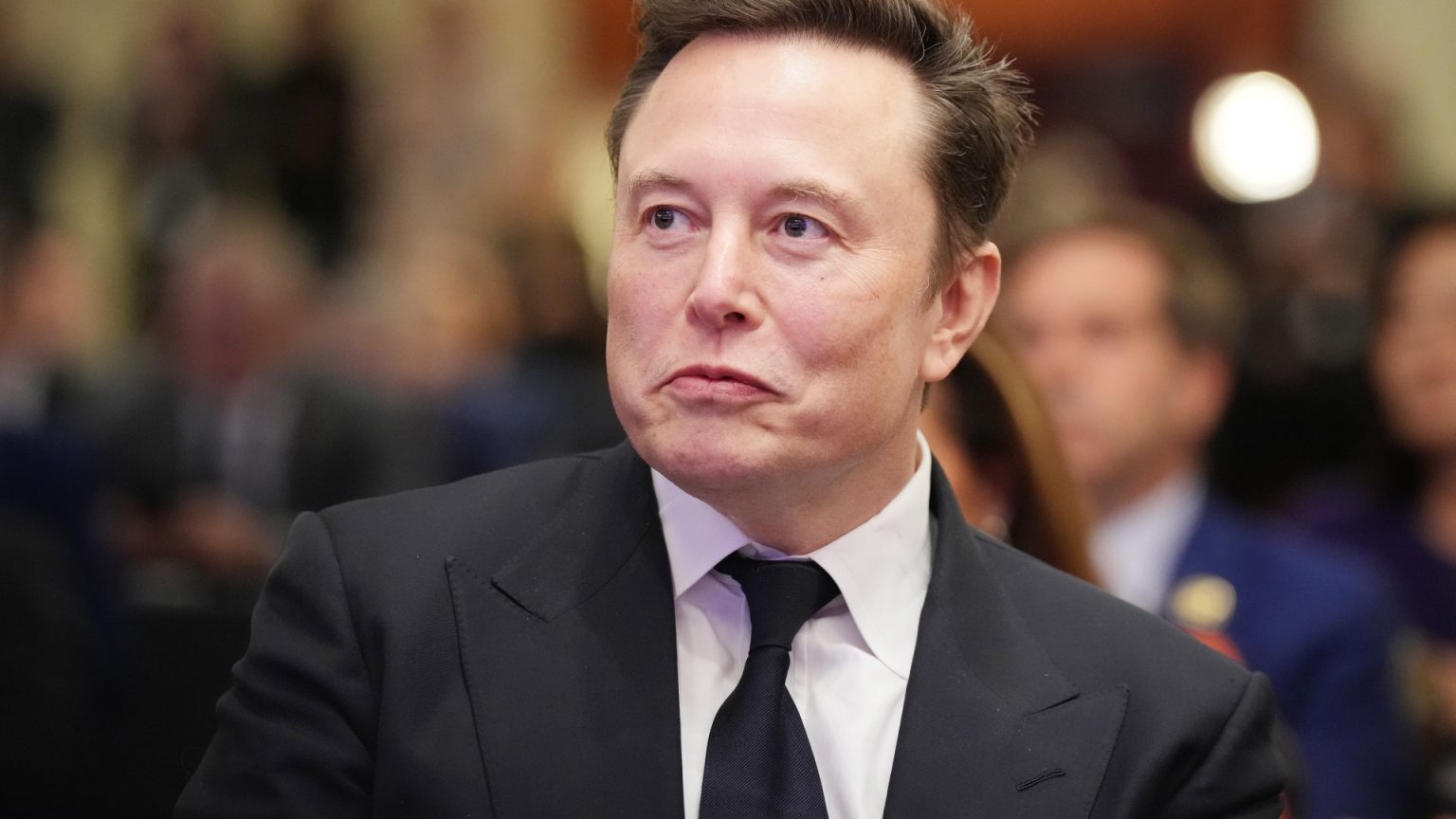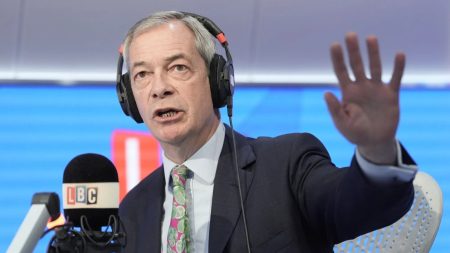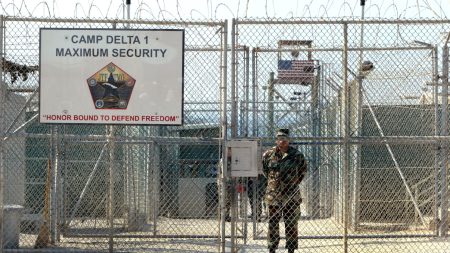The public clash between Elon Musk and Nigel Farage, leader of the Reform UK party, ignited a firestorm of controversy centered around Tommy Robinson, a far-right agitator. The dispute began with Musk’s praise of Robinson, whom he considered a political prisoner for speaking out against grooming gangs. Farage, while initially welcoming Musk’s support for Reform UK, publicly disagreed with Musk’s characterization of Robinson. He emphasized that Robinson’s imprisonment stemmed from contempt of court charges related to repeating false allegations, not his stance on grooming gangs. Farage reiterated that Robinson was not aligned with Reform UK’s values and had no place in the party.
Musk’s response was swift and decisive. He publicly called for Farage’s removal as leader of Reform UK, claiming he lacked the necessary qualities. This unexpected rebuke exposed a rift between the two figures, despite previous discussions of a substantial donation from Musk to Reform UK. Farage, while surprised by Musk’s statement, stood firm in his condemnation of Robinson and reaffirmed his commitment to his principles. He highlighted Musk’s right to his opinion, emphasizing his own belief in free speech.
The core of the disagreement revolved around Tommy Robinson’s imprisonment. Musk viewed Robinson as a champion against grooming gangs, unjustly silenced for his activism. Farage, however, stressed that Robinson’s legal troubles stemmed from contempt of court charges for spreading false information, not his political views. This distinction was crucial for Farage, who sought to distance Reform UK from Robinson’s extremist rhetoric and focus on winning mainstream support. The controversy also brought to light Robinson’s history of making false claims about a Syrian refugee, leading to a libel suit and subsequent court orders.
Further complicating the situation was the looming presence of Donald Trump’s inauguration. Farage had previously indicated his intention to discuss the Robinson issue with Musk at the event, hoping to clarify the situation. However, Musk’s public denouncement of Farage preempted this planned conversation and escalated the conflict. The timing of Musk’s intervention, just hours after Farage had defended him against criticism over attacks on Prime Minister Keir Starmer, further fueled the drama.
Internal divisions within Reform UK also emerged during the controversy. While Farage maintained his stance against Robinson’s involvement, other party members expressed differing views. Richard Tice, the deputy leader, called for a national inquiry into Muslim gangs in northern towns, echoing some of Robinson’s rhetoric. Meanwhile, Lee Anderson, the chief whip, firmly rejected any association with Robinson, deeming him a distraction and a liability for the party’s electoral prospects.
Robinson’s history of legal troubles and controversial actions played a significant role in the unfolding events. His 2024 imprisonment for contempt of court stemmed from repeatedly violating a High Court order by reiterating false allegations against a Syrian refugee. This included the production and dissemination of a film titled “Silenced,” which contained libelous claims and was viewed by millions. Robinson’s association with Alex Jones and his platform Infowars further underscored his controversial nature. The fact that the film was also shared by Andrew Tate, another controversial figure, contributed to its wide reach and added to the controversy. This context provided the backdrop for the disagreement between Musk and Farage, highlighting the complex and sensitive nature of the issues at play.











